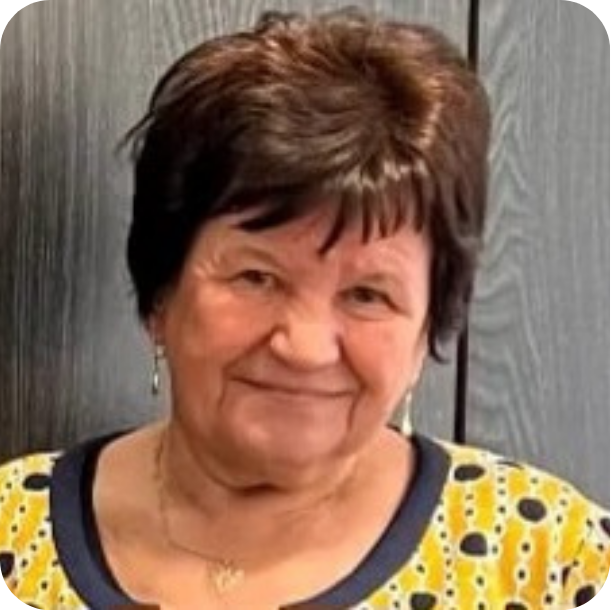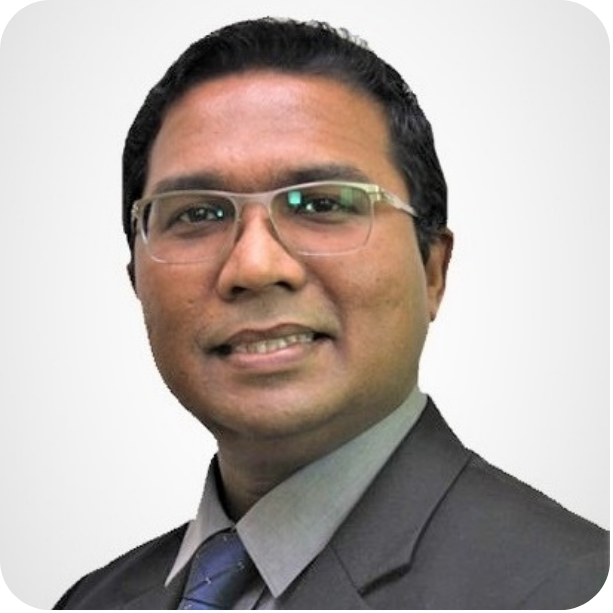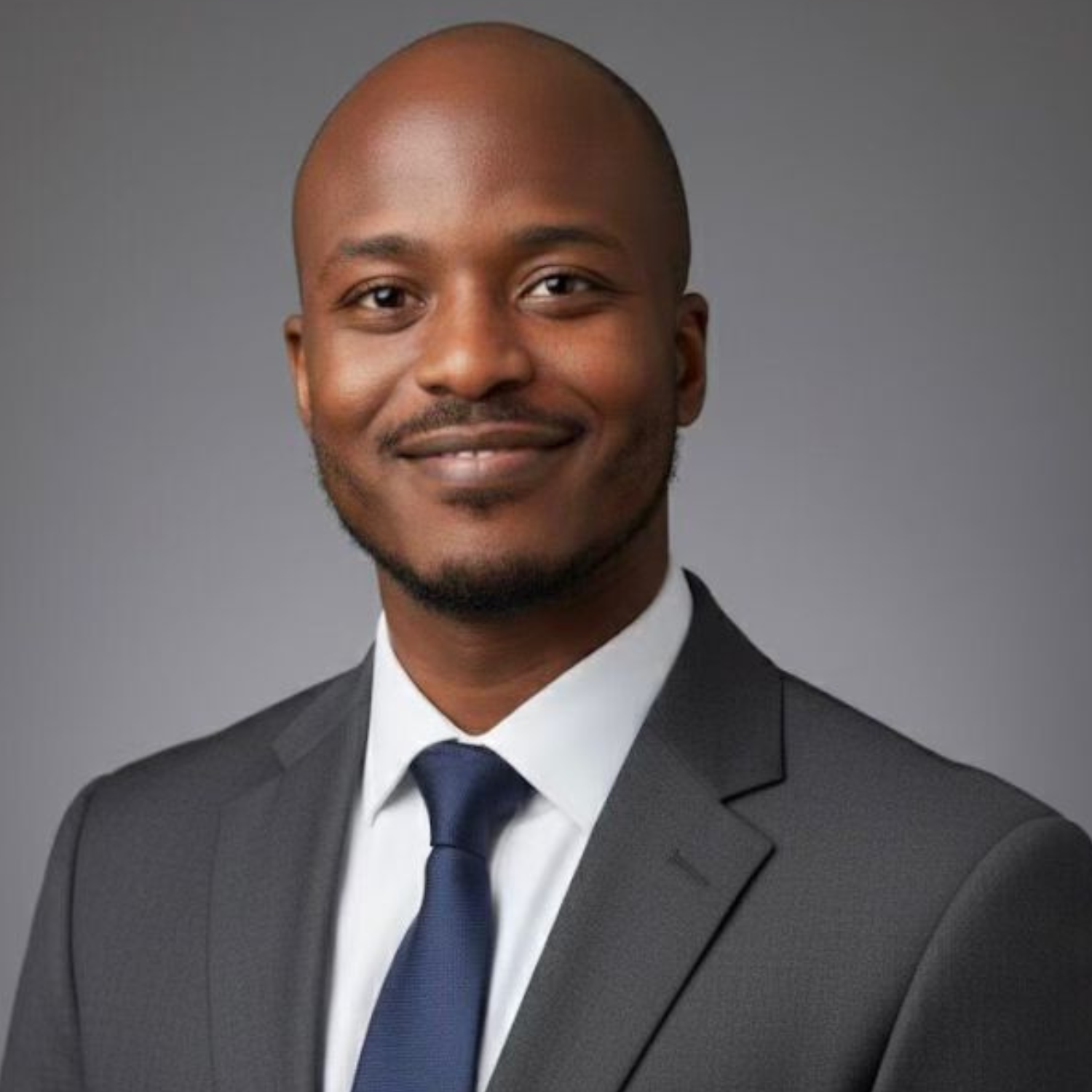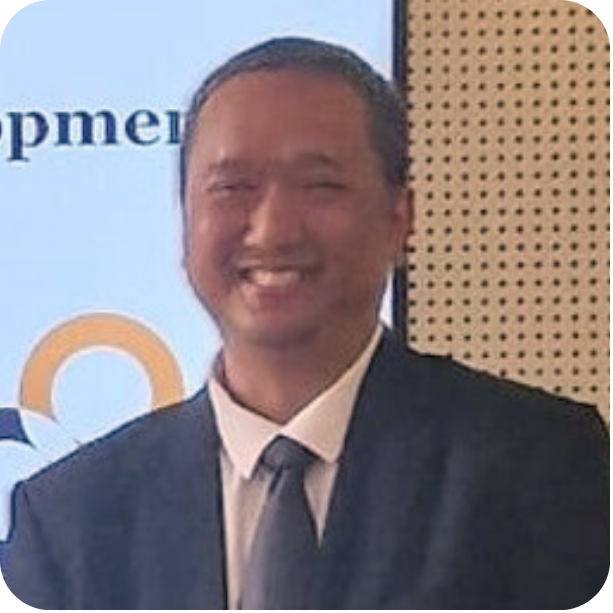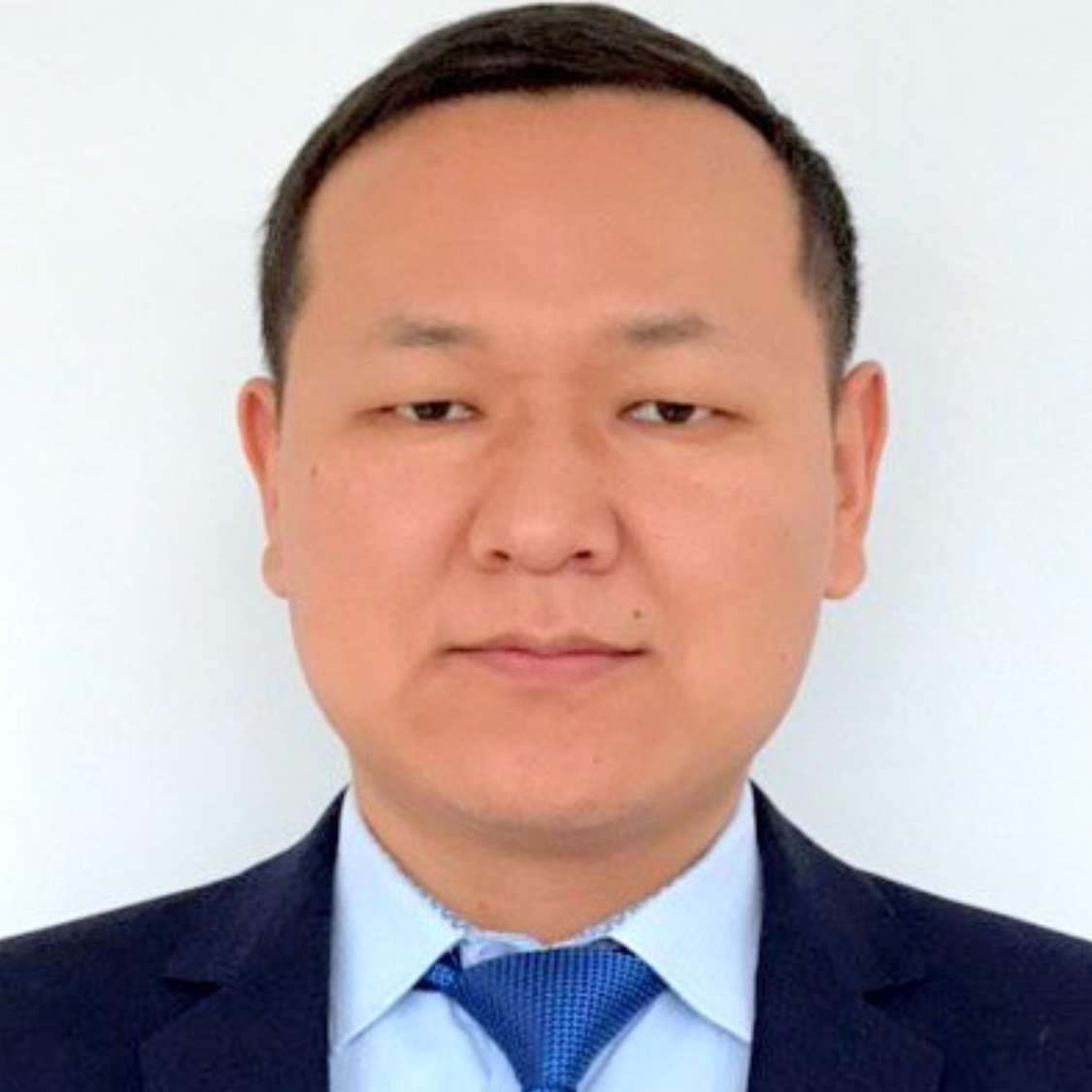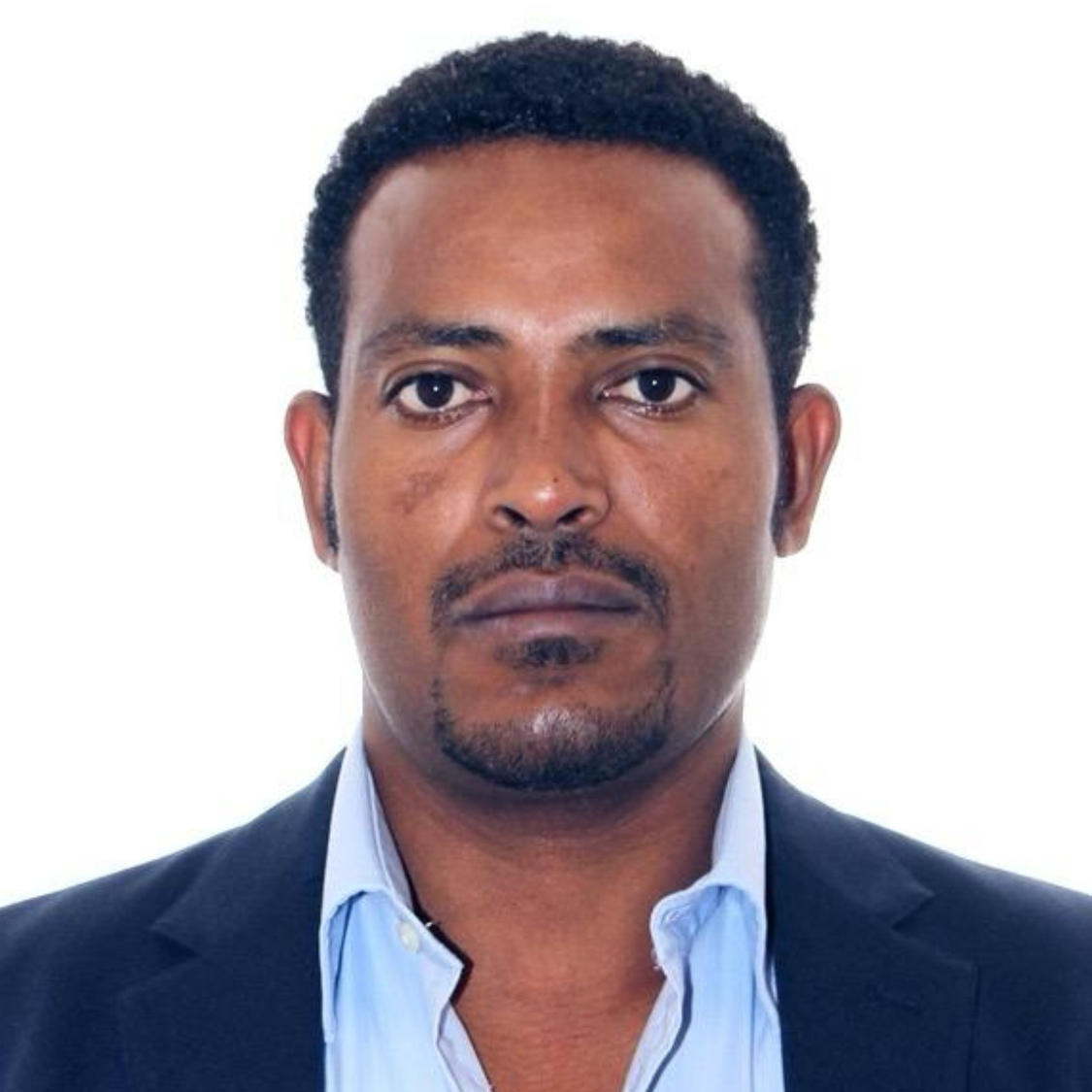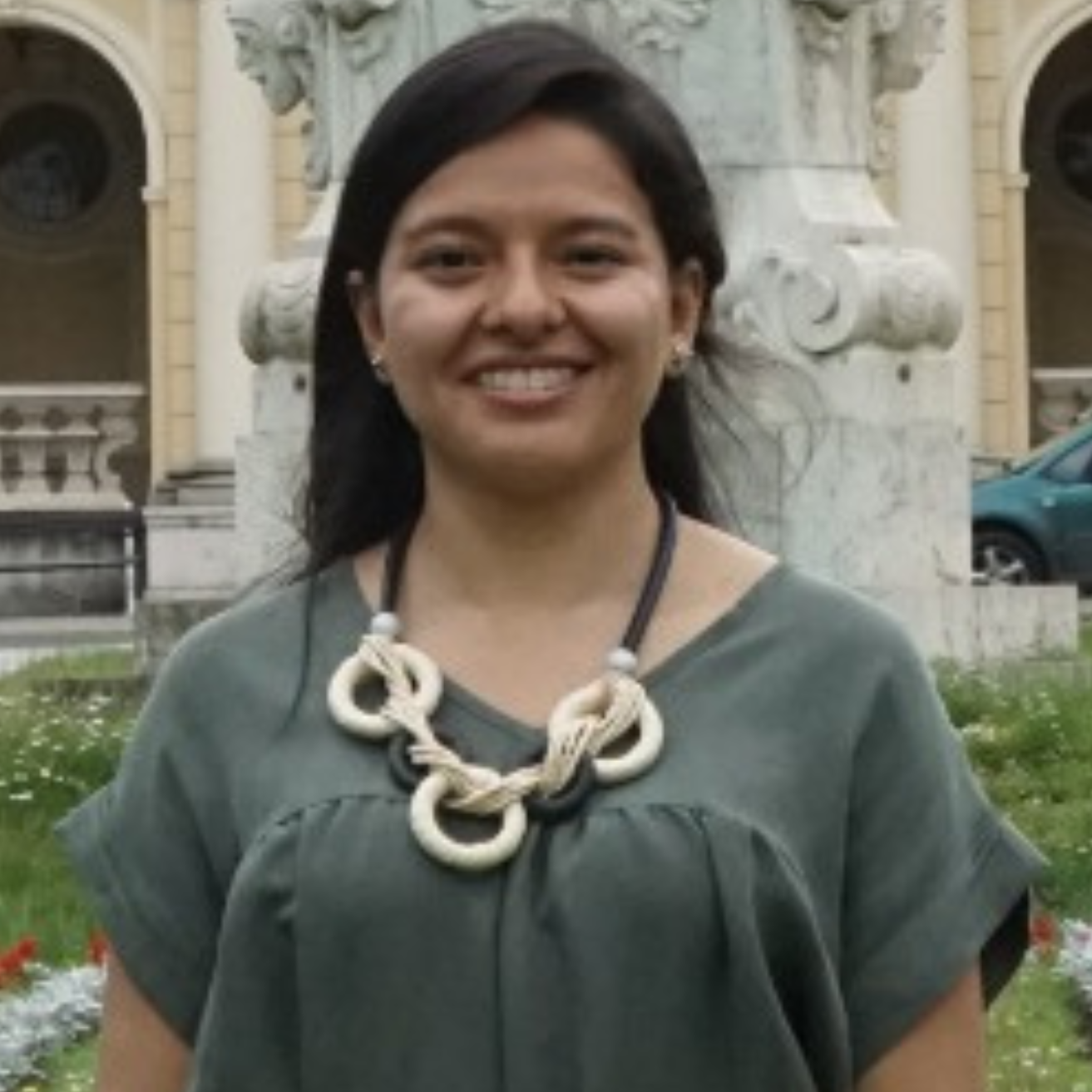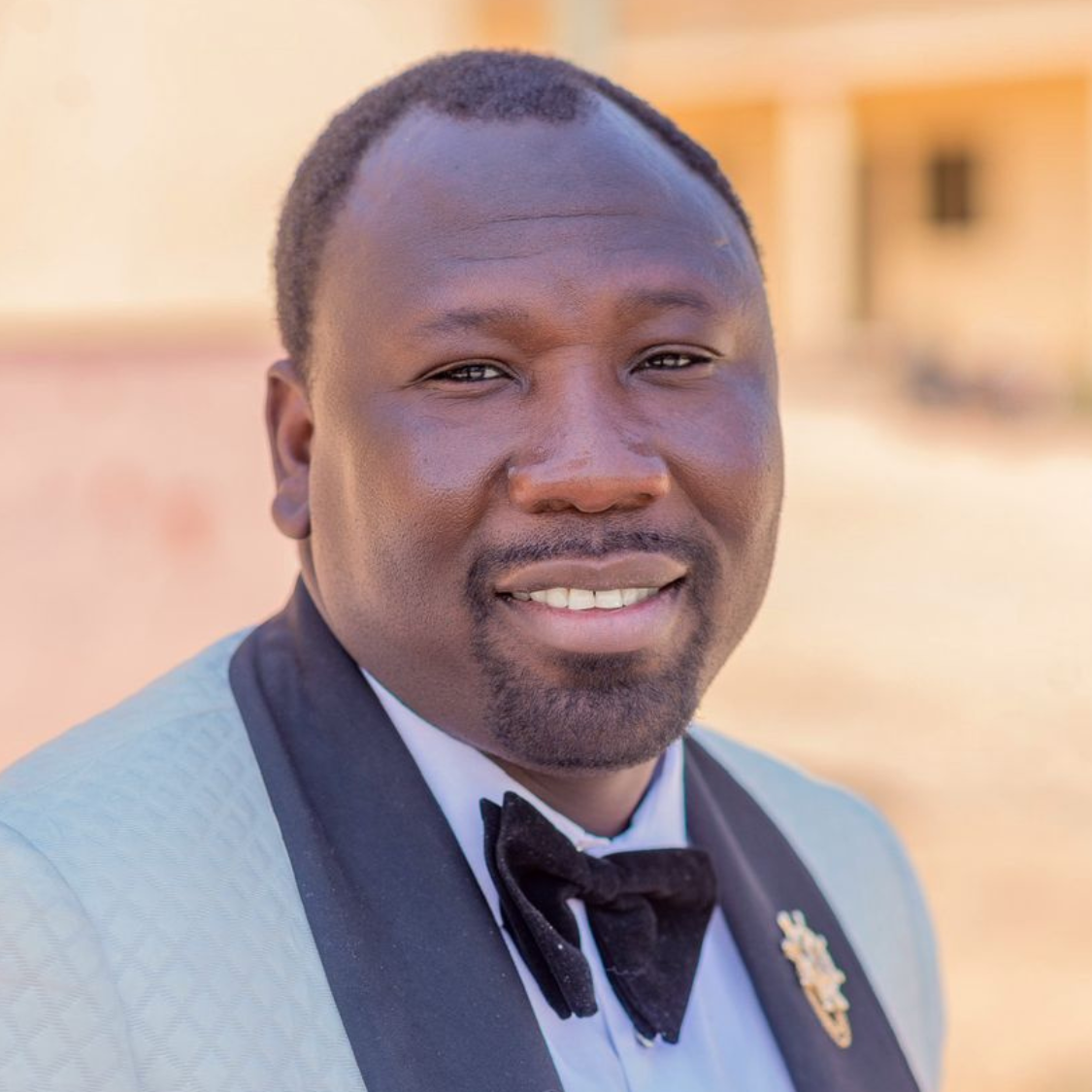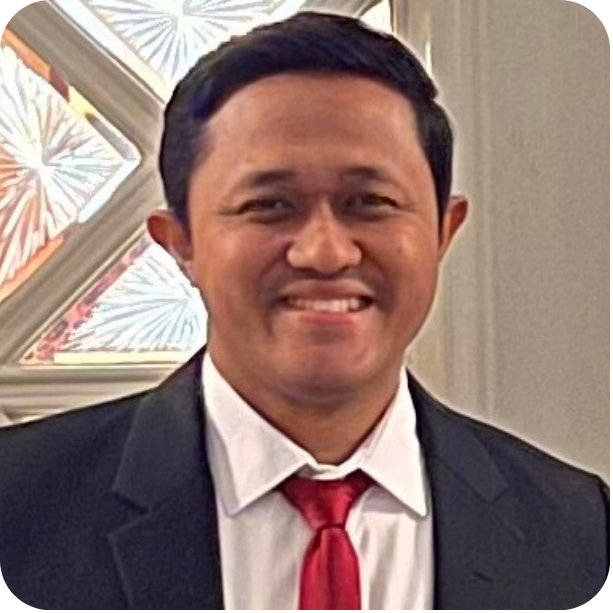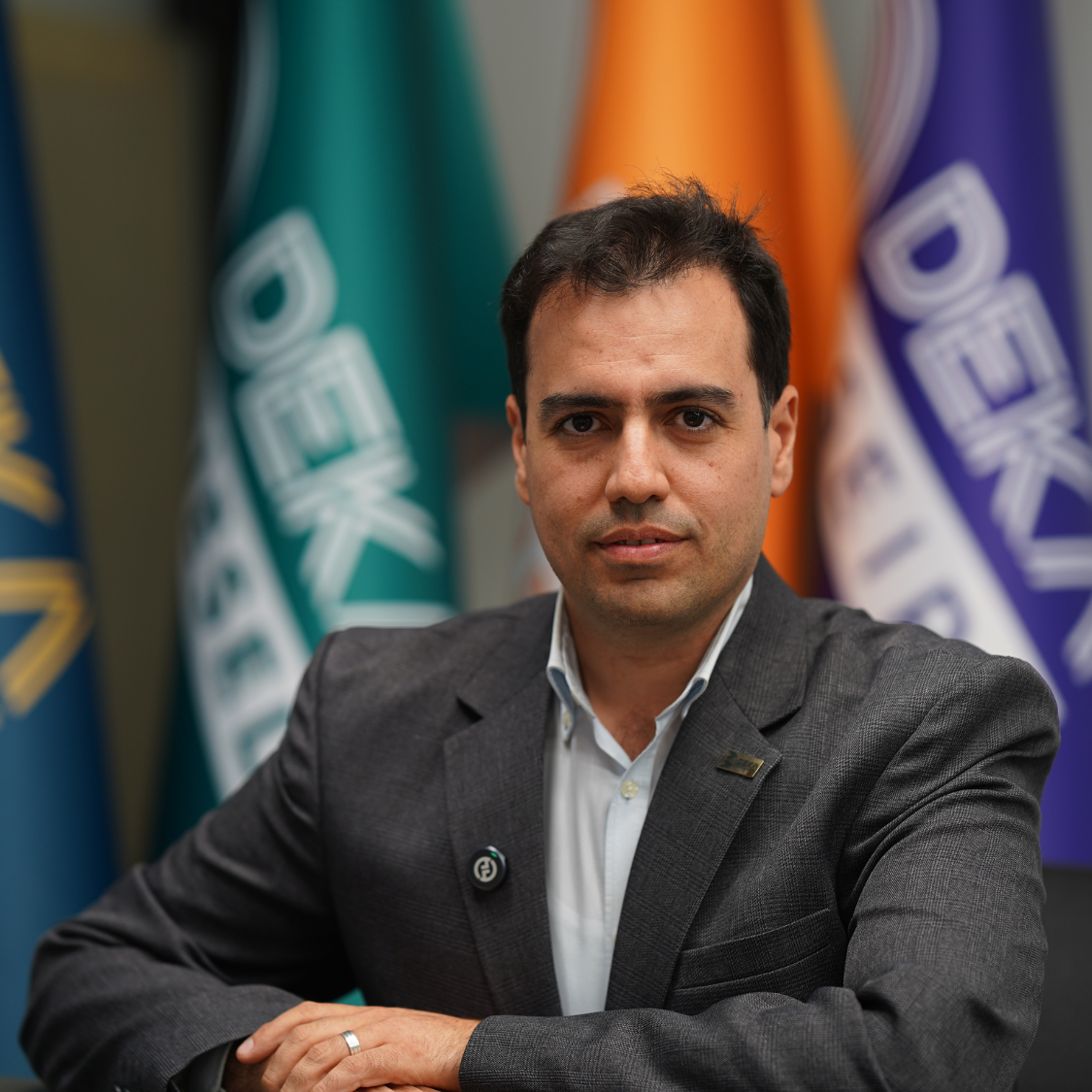About Us
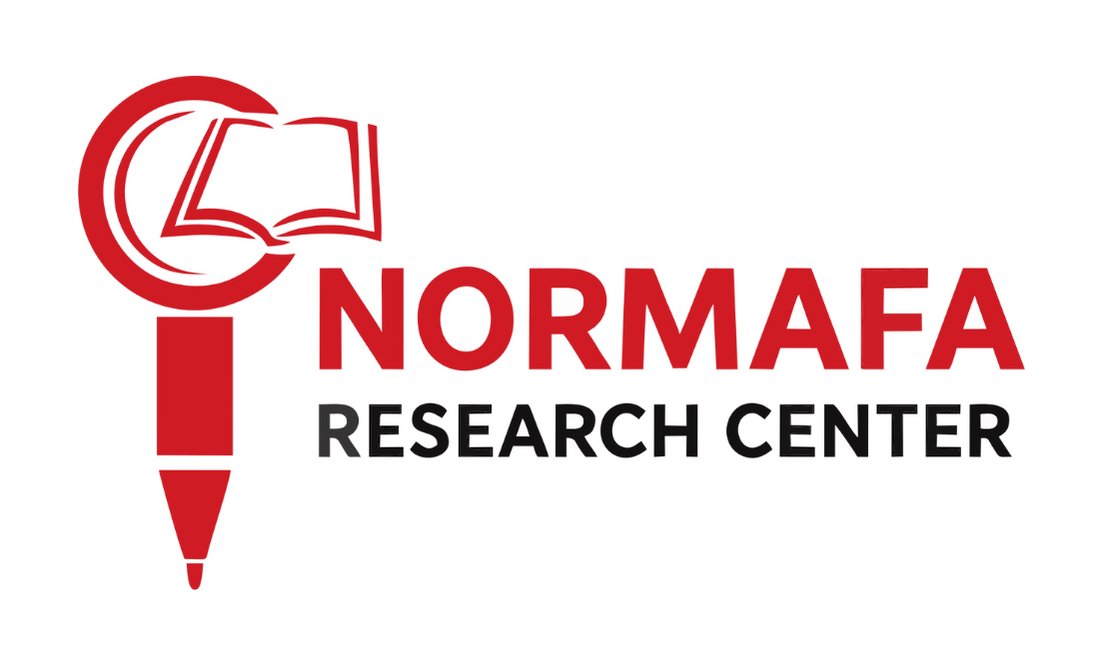
Normafa Research Center is an independent organization based in Hungary, Czech Republic, Saudi Arabia, Kyrgyzstan and Ethiopia, working in collaboration with partners from several countries. Through this international network, we advance the UN Sustainable Development Goals by conducting high-quality research, collecting key development data, and supporting community-led initiatives grounded in grassroot understanding. Guided by the principles of equity and inclusion, our work aims to inform decision-making, bridge knowledge gaps, and drive sustainable, locally rooted progress.
Advisors
Prof. Maria Fekete-Farkas, Ph.D is an economist, and a full professor of Microeconomics at the Hungarian University of Agriculture and Life Sciences, Institute of Agricultural and Food Economics. Her research areas are sustainable development and corporate sustainability, digitalization, new market structures and pricing, economics of resources, behavior economics, social media, economic, social and environment aspects of climate change. She is a member of the organizing committees of several international conferences and serves certain international journals as a member of the editorial board, reviewer and author.
Prof. Robert Jeyakumar Nathan, Ph.D is a Design Thinking Certified Trainer from Stanford and Head of Academic Innovation at Multimedia University, Malaysia. Formerly a Systems Analyst at Siemens Semiconductor AG in Germany, he specializes in Manufacturing Data Analytics. He conducts corporate training for clients like Telekom Malaysia, Telkom Indonesia, and Infineon Technologies. As an advocate for UN SDG #4, he is affiliated with Education International, Brussels, and is one of 50 EI Global Advocates. He also serves as Guest Professor at EIDV and Associate Editor of the European Science Journal.
Our Team
Ing. Dr Gariba M. Ibrahim is a researcher and economist in the Czech Republic. He holds a PhD in regional and public Economics, a Master’s degree in economic policy and administration (regional and public economics ) from Pardubice University and a Bachelor’s degree in public and community studies. With 5+ years’ of cooperate experience, he excels in econometric modelling, fiscal policy analysis, and public sector governance. He’s skilled in applying panel data regressions, PLS- SEM Difference-in-Difference, and event study using STATA, R, and Python. Research focuses on fiscal decentralisation, regional inequality, green finance, sustainability, ESG reporting & circular economy, and the efficiency of public investment in under/developing economies. And continuous improvement — authoring journal papers, conference presentations, and book chapters on Expert Choice. He regularly engages in USA, Canada, European and African academic events, serves as a peer reviewer for international journals and conferences, and bridges academia with industry through research, teaching, and consulting.
Rifai Afin, Ph.D is an academic with over 20 years of experience as an economic researcher and consultant. After earning his Bachelor’s degree in Economics from Airlangga University, he began his career at leading economic research institutions, including the Regional Economic Development Institute, and served as a researcher and teaching assistant in the Department of Economics at Airlangga University. He later advanced his studies with a Master’s in Economics from the University of Essex, UK, supported by a Ford Foundation scholarship, and earned his PhD in Economics from Corvinus University of Budapest through a Stipendium Hungaricum scholarship. Rifai is currently an Associate Professor in the Department of Economics at Trunojoyo University, Madura. In addition to his academic role, he serves as an economic consultant for various institutions, both central and regional, such as the Ministry of National Development Planning (Bappenas), Bank Indonesia, and the Coordinating Ministry for Economic Affairs, as well as international organizations including the World Bank, Asian Development Bank, USAID, JPAL Southeast Asia, and the DALA Institute.
Stalbek Bopushev, Ph.D is a researcher at the Hungarian University of Agriculture and Life Sciences (MATE). He has 11 years of academic and industry experience including research and banking. Stalbek holds an MSc in Rural Development and Agribusiness and a bachelor’s degree in international economics from Kyrgyzstan. His current research interests are Agricultural Economics, Food security and nutrition, Food safety, Food loss, Climate change, and waste in developing countries.
Nuru Siraj, Ph.D is a researcher who earned his doctorate from the Hungarian University of Agriculture and Life Sciences (MATE). He also holds an MBA in International Business and a Bachelor’s degree in Business Management from Ethiopia. Nuru has more than 11 years of experience in teaching at higher education institutions. His current research interests focus on the relationship between Human Resource Management (HRM) practices and Entrepreneurial Orientation on the performance of SMEs, with special emphasis on the mediating role of business strategy.
Julieth Cubillos, Ph.D has Doctorate degree on Economics and regional science from the Hungarian University of Agriculture and Life Sciences, holds a master on Rural development and agribusiness, and a bachelor on Environmental management. Julieth has 4 years in the academic sector as part of research departments of universities in Colombia, and 2 years of experience in the private sector as consultant on environmental assessments. Among her fields of involvement are design and management of projects, assessment methodologies for environmental, social, and economic impact. She has been part of sectoral committees, United Nations conferences, as RIO+20, scientific conferences and publications. The research interest of Julieth are Food security, Sustainable Agriculture, Rural Development, Socioeconomics, and Environmental Economics.
Barnabas Nuhu Yakubu, Ph.D is a researcher and lecturer specializing in rural development, sustainable urbanisation, migration, and regional planning. With over seven years of experience in teaching, academic research, and community engagement, he integrates multidisciplinary perspectives from urban and regional planning, rural economy, economics and social sciences to address issues of sustainable livelihoods, infrastructure, and environmental change in developing contexts. His research focuses on the relationship between rural and urban areas, rural livelihoods, and migration, emphasizing how spatial and socio-economic transformations influence urban growth and rural resilience in sub-Saharan Africa.
Budi Setiawan, Ph.D is an academic with 9 years of professional experience across finance, investment, and marketing from national and multinational companies. He is passionate about financial inclusion, financial technology (FinTech), SME finance, and Innovation economics. In 2019, he was selected as a participant in the research training in Banking and Finance program at the University of Limoges (France), and Economic research methodology workshop at SGH Warsaw School of Economics (Poland) in 2022, sponsored by the European Union. Together with his Indonesian and Hungarian colleagues, Budi has initiated in writing a book chapter entitled “Economic and Business Trajectory: Indonesia, Asia and Europe”, collaboration between the Indonesian Student Association and the Association of Hungarian PhD and DLA Students (DOSZ). Budi is an alumnus of the Doctoral School of Management and Business Administration Sciences at the Hungarian University of Agriculture and Life Sciences (former Szent Istvan University, Hungary) under Stipendium Hungaricum Programme. He has published and reviewed several papers in reputable journals indexed by Scopus, ABDC journal, and Web of Science.
Dr. Iman Ajripour is an academic professor and Systems & Methods Manager at DEKA Logistics in Iran, holding a Ph.D. in Management & Economics, plus top-ranked Master’s (AGP: 19.3/20) and Bachelor’s degrees in engineering fields.
With 10+ years’ industry experience, he excels in strategic/project/production planning, business process reengineering, EFQM, and continuous improvement — authoring journal papers, conference presentations, and a Persian book on Expert Choice. A seasoned university lecturer, he teaches SAP-PS, MCDM, Operations, and Production Management, while being fluent in Persian, English (C1), German (B1), and Hungarian (A1).
Highly skilled in analytical and management software (Lingo, MS Project, SAP-PS, Jira, etc.), he’s active in research societies and earned awards including Miskolc University’s top proposal prize (2020) and Zurich Enterprise Challenge recognition (2019). He regularly engages in European academic events, serves as a peer reviewer for international journals and conferences, and bridges academia with industry through research, teaching, and consulting.

